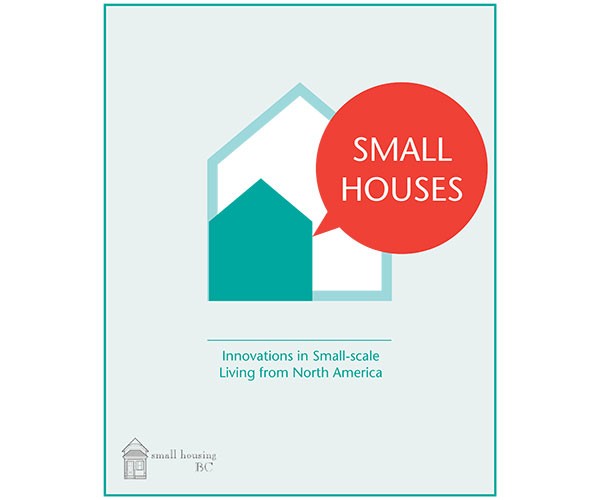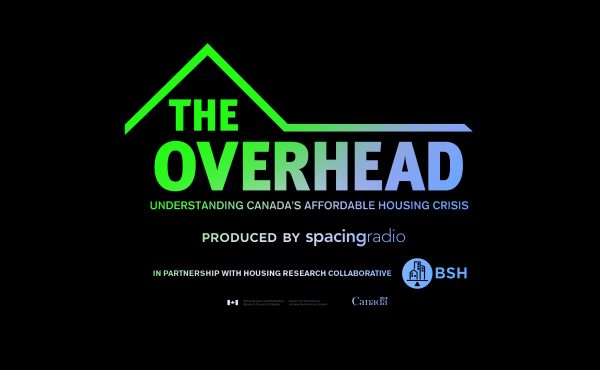It’s no secret that, in cities across the country, house construction over past several decade has focused on outlying suburban areas. Increasing environmental consciousness, financial pressures and demographic shifts – to name a few – are radically transforming housing preferences, however, as many are moving back into metropolitan centres to meet the demands of the 21st century household. This being the case, the large freestanding houses in auto-oriented communities that once typified the Canadian dream are losing their dominance to very diverse households seeking smaller homes in pedestrian- and transit-oriented neighbourhoods.
Municipalities and developers have started to respond to these changes and are slowly introducing small housing options that reflect these new preferences, but the market penetration of small housing forms is still relatively small, even as consumer demand grows.
In response, Small Housing BC, a British Columbia-based advocacy and educational non-profit organization, has just release Small Houses: Innovations in Small-scale Living from North America – a toolkit showcasing 10 innovative examples of housing under 1500 square feet from around North America and intended to give people a better understanding of small housing forms.
Available for free download from the Small Housing BC website, the toolkit surveys and documents recent innovations in small house types, from small lot homes to cottage housing, in places where the regulations have been purposefully designed – or substantially reformed – to encourage the development of well-conceived small forms of housing. A general background and attributes are analyzed within, as are important regulations and the benefits and drawbacks for each house type.
As such, it’s a wealth of knowledge worth for house builders, planners, architects, municipal officials, citizen-activists and anybody interested in small houses. And, at no cost, the price is right!
***
For more information, visit the Small Housing BC website. The Toolkit was graciously supported by various individuals and groups, including the Real Estate Foundation of British Columbia, CMHC, Metro Vancouver and CMHC.
**
Erick Villagomez is one of the founding editors at Spacing Vancouver. He is also an educator, independent researcher and designer with personal and professional interests in the urban landscapes. His private practice – Metis Design|Build – is an innovative practice dedicated to a collaborative and ecologically responsible approach to the design and construction of places. You can see more of his artwork on his Visual Thoughts Tumblr.




